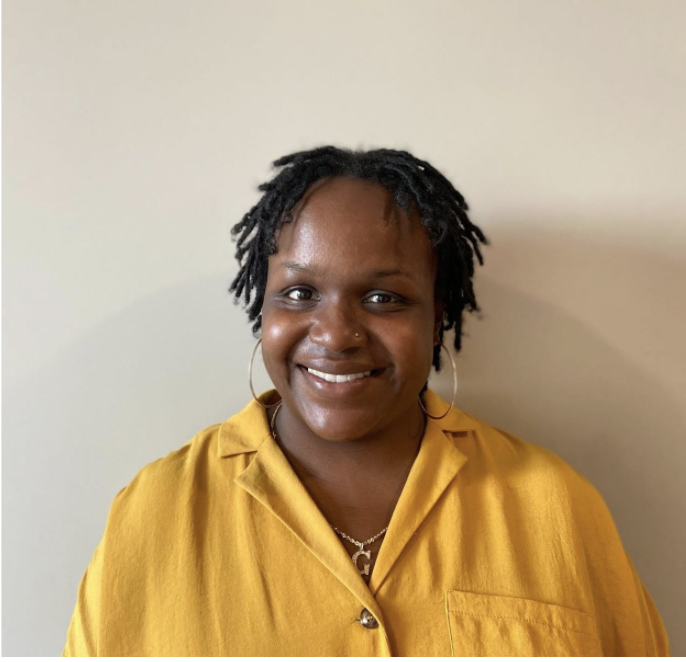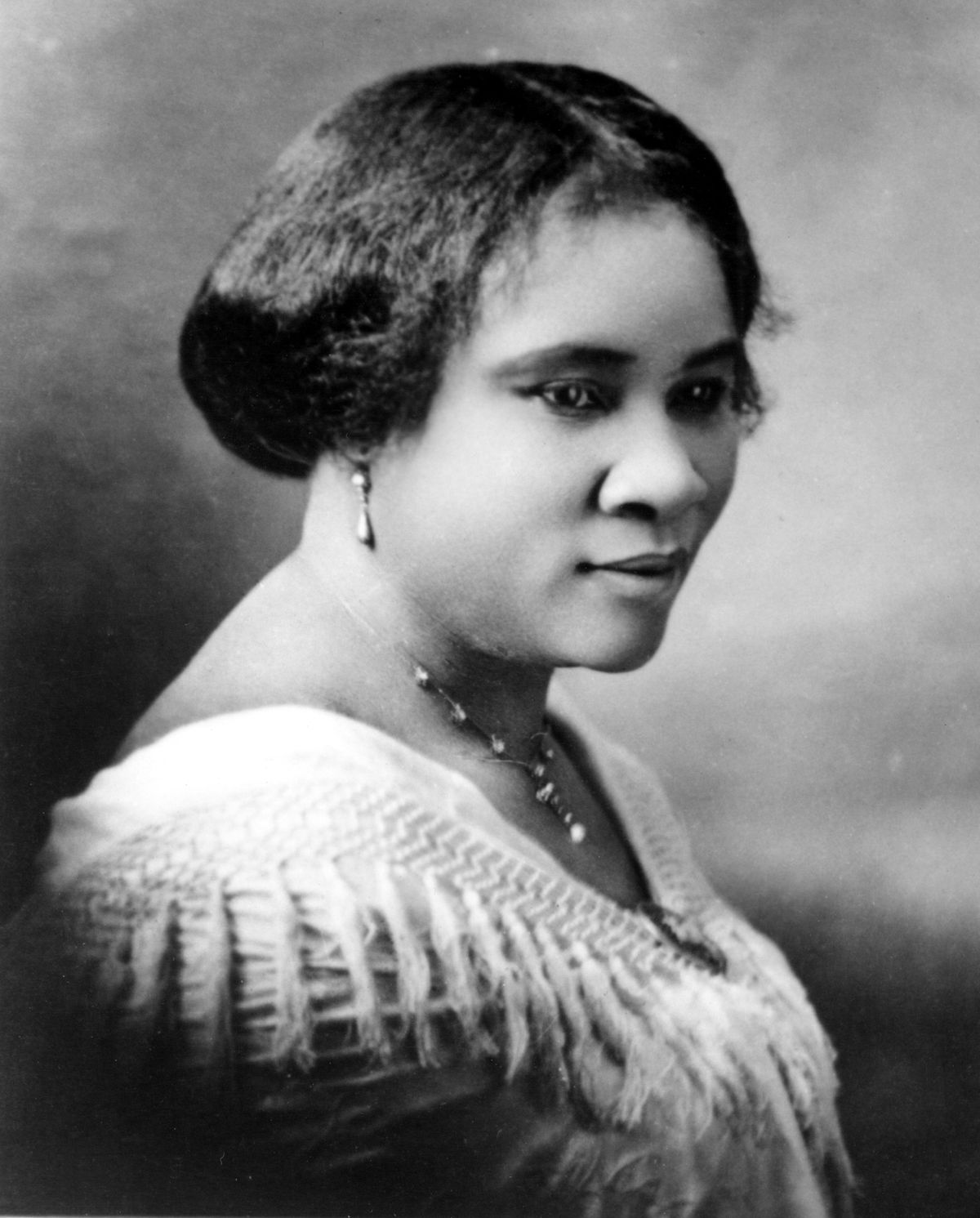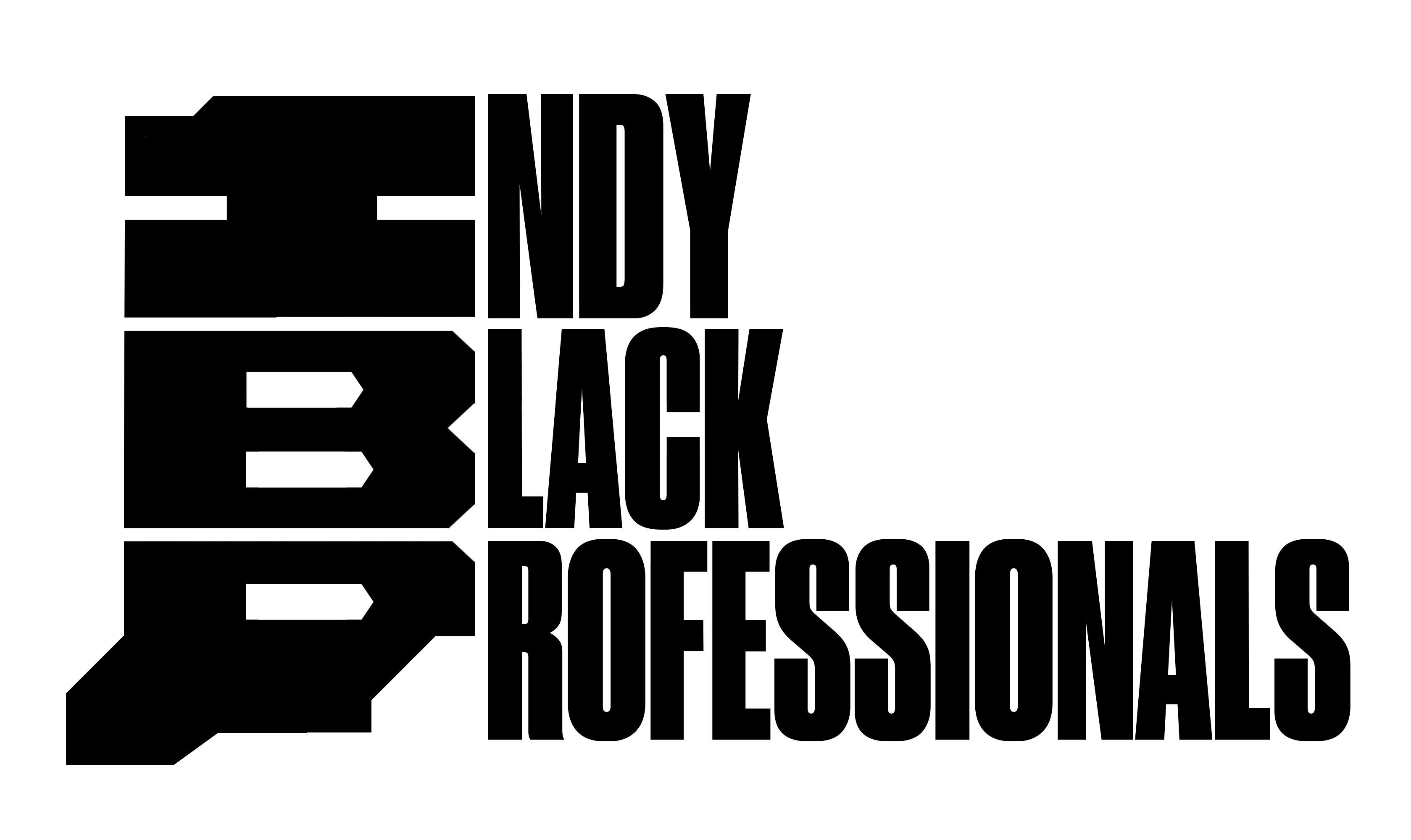When I mention that I teach middle school English at an inner-city school, many people give me their condolences. They say, “Wow, you must be really strong to deal with those kids.” or my personal favorite, “Good for you, girl, because I sure couldn’t do that!” My response is always, “If not me, then who?” Many of us in the working world benefit from going to good schools and, if not good schools, decent schools. Decent enough where we made it to college and graduated and secured a well-paying job. That’s the purpose of education, right? Not necessarily. Amos Wilson says in his book, Awakening the Natural Genius of Black Children, “Too many of us see education as essentially a preparation for jobs, as a preparation for moving up in social status, and as a means of securing a better lifestyle… However, the major function of education is to help secure the survival of a people.” The word “education” is built on the word “educe,” which means drawing out, bringing out, or eliciting. It also means to evolve something from a potential state.
It has been difficult to bring the potential out of our youth because, practically speaking, they typically don’t have a model of what success looks like. My students are impacted by homelessness, institutionalized racism, food insecurity, and inadequate education. In our society, we know that the more money you have, the more access you have to quality education, quality food, housing, and clothing: the basic human necessities.
Our country has shown us it does not believe that everybody deserves basic staples of security and stability. Now, the impact it has on our inner-city students has become so dismal. According to a Chalkbeat Indiana article, Indiana has set a lower bar for black students to “close racial gaps,” stating that, “Indiana has largely struggled to make significant strides in improving educational outcomes for black students, in particular, showing little gains in test scores in recent years.” However, to close racial gaps in education, the article suggests “that we must first admit that there is a problem.” That problem is that education is a social justice issue.
As a young Black educator, teaching has shed light on the outcomes of the inequities perpetuated in our society. The effects are detrimental to the advancement and survival of a race of people, our people. As young Black professionals, it is in our best interest to inspire and uplift our youth and encourage them to reach new heights and strive for greatness, despite the systems in place to hold them down. I encourage you to take up mentorship, volunteering, and advocating for our youth so that they can have the rich experiences of life that we have that comes with education. As the famous African proverb says, “It takes a village to raise a child.”




